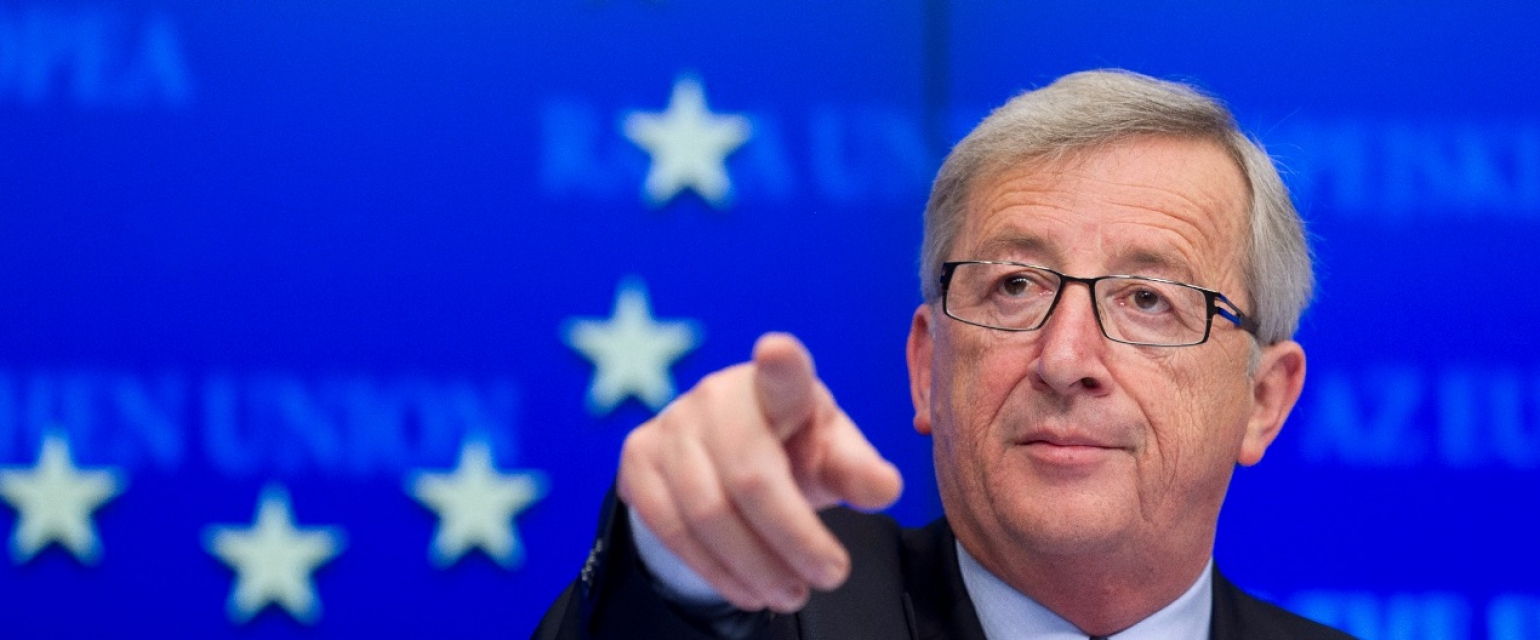

The major Russian foreign policy news last week included new developments for anti-Russian sanctions, talks on settling the Syrian crisis, and publication of investigative reports as to the reasons behind the crash of Flight MH17 in Ukraine.
Erosion of anti-Russian sanctions regime in the EU
Last week, debates resumed on the long-term effects of anti-Russian economic sanctions. On Oct. 13, in response to a question posed by a representative of Siemens at an investment forum in Moscow, Russian President Vladimir Putin pointed out that German companies will have limited possibilities to participate in major infrastructure projects in Russia (especially work on the new Moscow-Kazan railroad) as the current sanctions make it impossible to obtain credit resources.
“If participants of such projects will be limited in their access to European funding, then we will not have many options. And under such circumstances, the offers of our Chinese partners to participate in the funding can become crucial,” said Mr. Putin.
A few days before this, for the first time since the beginning of the Ukrainian crisis, some sanctions against Russia were lifted. On Oct. 9, the EU excluded rocket fuel from the list of prohibited goods in its trading with Russia. These substances are required to power Russian rocket engines that deliver European satellites for various EU space programs.
This was a tentative step towards the normalization of economic relations, designed to test the response of various forces within Europe and in the United States. It was especially significant that on Oct. 8, Jean-Claude Juncker, head of the European Commission, publically stated that the EU needed to normalize relations with Russia:
“We must make efforts towards a practical relationship with Russia. It is not easy, but that must be the case, we cannot go on like this,” he said at an event in the southern German city of Passau.
He added:
“We cannot have our relations with Russia be dictated by Washington.”
Could Russia and the West cooperate in the fight against ISIS?
Russia’s military campaign against ISIS has strengthened Moscow’s influence with the Syrian government. Russia is planning to use this influence to start a dialogue between the Syrian authorities and opposition groups.
Continue reading at Russia Direct
But things have not gone quite according to Putin’s plan. A number of Western politicians began talking about the need to boycott the Sochi Games – arguably over Russia’s “anti-gay propaganda” legislation – and indeed a number of VIPs have refused to go to the Olympics.
The past week in Russian foreign policy was marked by a search for ways to resolve the Syrian crisis. Complicating matters, of course, was the tragic crash of the Russian passenger jet in Egypt. Whether there is any connection between these two events is still uncertain. World leaders have been cautious when it comes to talking about a possibility of a terrorist attack and apparently are ready to cooperate with the Russian side in finding out the answer.
The EU has not yet realized the amount of yearly grants that Ukraine’s stabilization will require if the latter turns its back on the Russian support – and the Union is not ready to provide them. There is every reason to have doubts about Kiev’s actions over the long term. The internal antagonism in Ukraine between the East and the West of the country is growing further. The US has yet to act as a stabilizing force. Russia is taking measures to ensure its risks and to avoid damage to its assets. An impetus to strike a deal may only occur when the EU feels the damage to its energy security.
The US House of Representatives and Senate overwhelmingly adopted a Russia, Iran and North Korea sanctions bill. It predictably provoked a harsh response from Russian officials. The head of the Federation Council’s Foreign Affairs Committee, Konstantin Kosachev, called for a response that would be painful for Americans. Deputy Foreign Minister Sergei Ryabkov said that Washington is “a source of threat.”